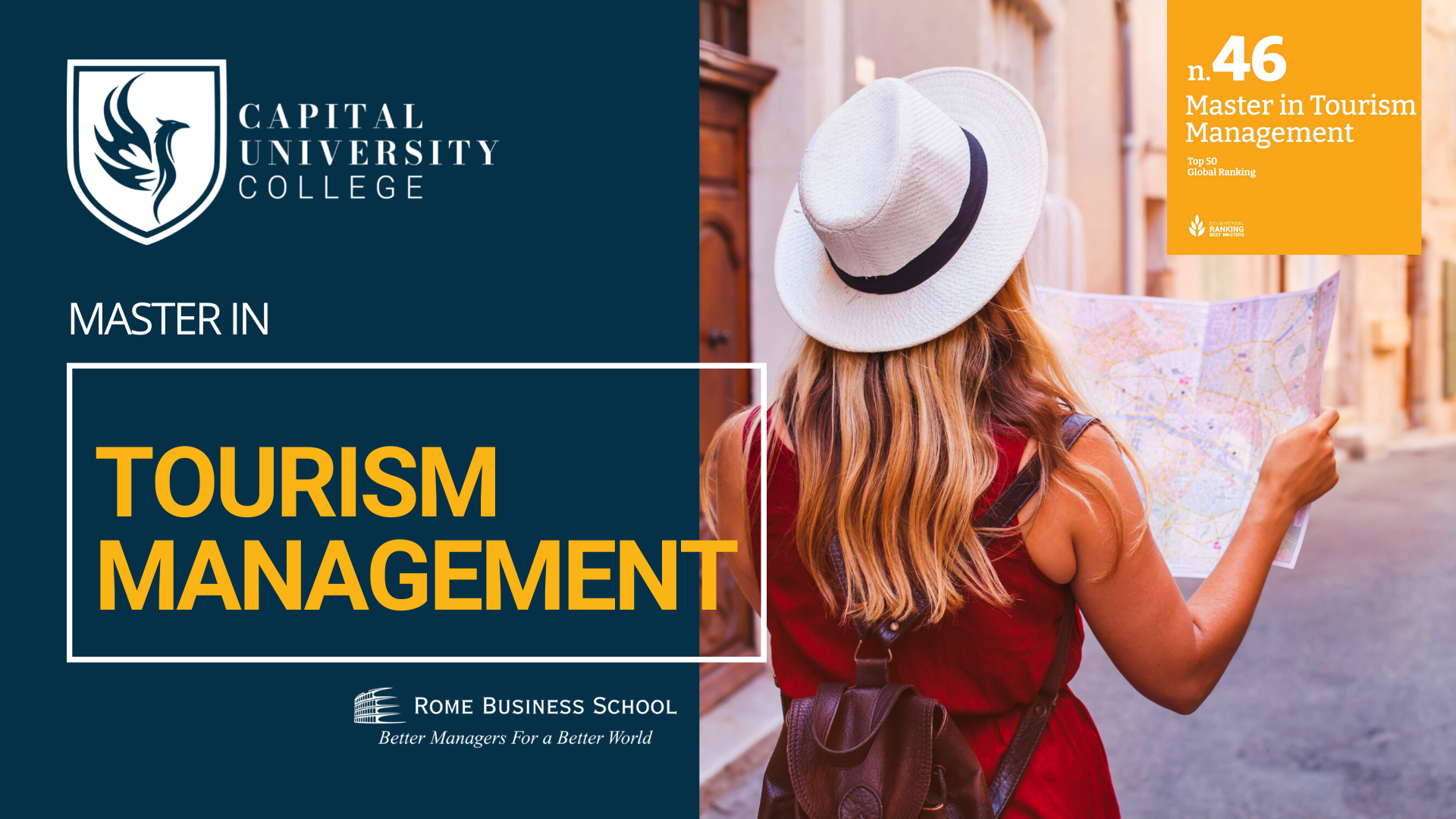Expected trends in the hospitality industry this year

The hospitality sector has always been an industry with constant developments and shifts. However, it goes without saying that since the coronavirus outbreak, it has become rather important to scrutinize the safety measures and introduce new strategies that will positively impact the sector’s growth. If not, improve the market, it at least must be able to salvage the situation. Some of the responses to these circumstances were to entice people with attractive food and beverage options or short staycations that are indeed managed safely.
The year 2020 has analyzed that the pandemic has accelerated the demand in staycations as people feel the need to indulge in short breaks. On the societal level, the industry has witnessed a dynamic shift where increasing consumers are more reliant towards sustainable strategies which have set a new benchmark for many hospitality enterprises. With the industry diversifying in both commercial and societal levels, this blog post will describe some hospitality trends we can expect in 2021.
Digitization
One of the many aspects hotel managers have integrated is a personal application that allows the staff to swiftly attend to customer requests. However, needless to say, the trend has amplified with the aid of contactless services. This particularly has gained tremendous momentum in 2020. Gone were the days when conventional customer-facing services gained a maximum appreciation, today, technology-assisted options are becoming more widespread with many amenities such as mobile-check-in, voice-control, biometrics and contactless payments. In the current times, people are more prone to unlocking mobile phones, laptops and other devices using facial recognition and fingerprints. Therefore, we aren’t far from the time where customers will be able to access their hotel rooms with a similar configuration.
Sustainability
This is a hospitality trend that is both current and a hallmark in the recent past. This is a development which is a natural extension of avoiding plastics and other non-biodegradable material and contributing towards a healthy and safe living. Thanks to the opt-in receipts and other digital aspects, hospitality divisions have gradually started reducing the usage of paper. The industry’s leading players have taken huge strides towards the ethical and environmental considerations, thereby becoming role models for other hotels and corporations.
One stand-out example was Emirates announcing to completely ban single-use plastic items in their operations. Others include leading hotels installing towel rails, eco-friendly switches, miniature toiletries that are locally sourced, ethically produced bed sheets that are made of organic materials and smart bulbs for reduced energy consumption. These are some examples that have contributed to a sustainable hospitality industry.
Skills and asset management
The asset-light approach has become quite prevalent in the industry. There has been a separation between the management of operations and other real-estate assets which now allow hospitality companies to focus on their businesses, thereby, improving efficiencies. However, this leads to certain complications and intricacies that may lead to potential agency problems, leading to the emergence of some job roles such as asset manager. Following the increasing complexities between hospitality players and agencies, these new job profiles cater to solely looking after the assets by forecasting trends, budgeting and developing business models that will positively impact their corporation.
A surge in solo travellers
In the age of mindfulness, many travellers have begun to embrace the meditative values of spending alone time and enjoying their space. Today, people find pleasure in venturing into the wild all by themselves which they call adventurous and mind-opening. This holds true for many millennials and GenZs who enjoy interacting and making new friends on their travel journey.
Hence, to give the same comfort to solo travellers, hotels have lowered the barriers between hotel staff and guests and have also made some interior changes to the rooms, evoking a sense of comfort and homeliness, cultivating an informal ambience and experience for such solo travellers. This, along with eliminating the evident divide between guests and locals has encouraged a feeling of hotel community which previously wasn’t as common as now.
Considering how the industry is undergoing numerous changes, we at Capital University College have introduced Master in Project Management and Master in Tourism Management in exclusive partnership with Europe’s most international business school – Rome Business School. We strongly believe the region lacks programs that focus on the management side of the tourism and hospitality industry. Through such programs, we aim to bridge the gap between aspiring students and regional hospitality and tourism organizations with both a theory-based and practical study approach. For more information on Tourism or Hospitality programs in UAE, contact us at 971 6 55 99 489 or drop an email at study@capitalcollege.ae



